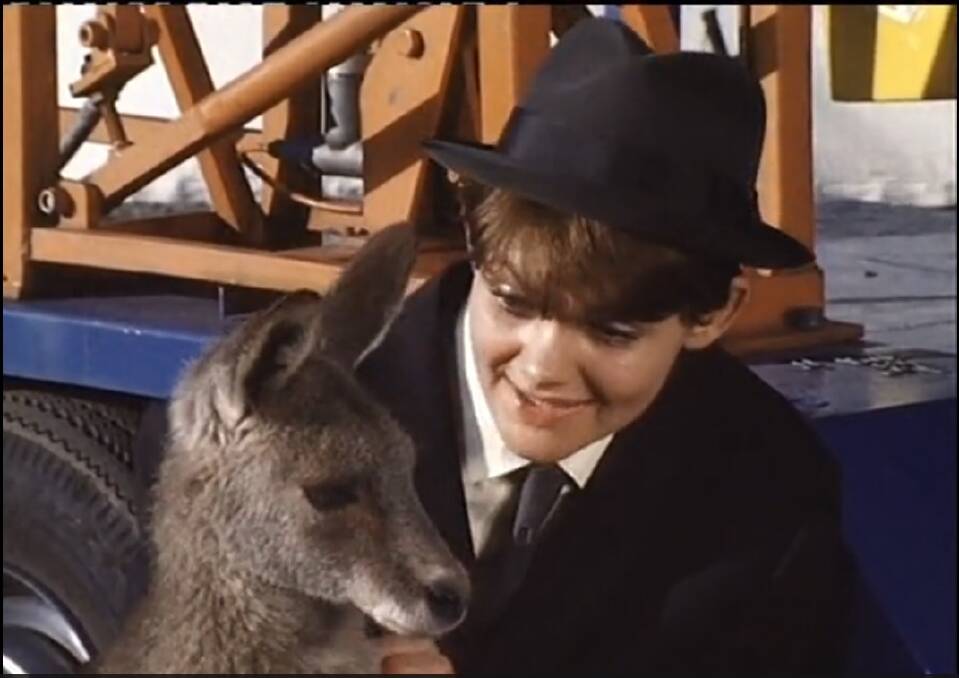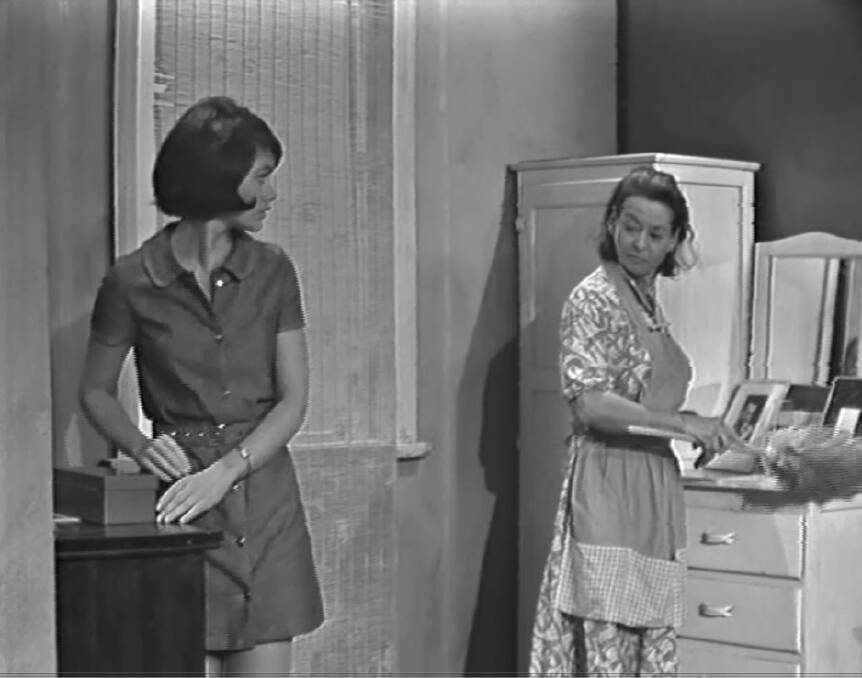
Patsy Trench came to Australia from England in the late 60s as a ‘10 pound Pom’ to further her acting career. Her Hawkesbury pedigree trumps just about anyone else’s – her four times great grandmother Mary Pitt emigrated to NSW as a widow with five children in 1801, and was granted land in the Hawkesbury. Ms Trench has written a book about her extraordinary ancestor, but here tells us about her time in Australia in the late 60s and early 70s before she went home to England.
Create a free account to read this article
$0/
(min cost $0)
or signup to continue reading

I was sitting on Blackpool beach in the rain in August, 1967, the height of the British summer. I was working as an actress at a theatre company and thinking my career was going nowhere, so on a whim I caught a train to Manchester and put my name down to migrate to Australia as a 10 pound Pom, then forgot all about it.
Some months later I was offered a flight to Sydney in February, so I thought - why not?
It wasn’t a total leap in the dark - my brother had already emigrated and was living in Sydney. My mother was Australian – though she’d spent her adult life in England – so I had plenty of relatives there.
On arrival at Sydney I thought how similar everything was to home: the same library, the same milk bottles, friendly people who spoke a roughly similar language. The only things I missed were the cheeses and the Sunday newspapers.
I got a job almost immediately as a ditzy young deb in a play which starred Madge Ryan. It played in Sydney followed by Melbourne. It was winter in Melbourne and for the first time I felt I was in an alien city: everything closing down at 7pm, nowhere to go after the show (how it has changed), and I’d never felt so cold. Australians didn’t seem to think their weather merited heaters.
From there I went on to play a regular character in two TV dramas: a small-budget sci-fi series in 1970 called Phoenix Five for Channel 7, playing the junior member of three on a spaceship, and a scientist in the ABC series Delta.
Like a lot of things in life it’s the stuff you do that you would most like to forget that survives. The first series of Phoenix Five extended into a second and was sold all round the world, despite its cheapness, or maybe because of it. I had no idea of this until I was sitting on my sofa many years later back in London with my newborn baby with the TV on in the daytime and there I was on the screen.
Delta on the other hand, which was a much more serious and higher budget series based on the real-life CSIRO which starred John Gregg and Kirrily Nolan, sank without trace. But of all the acting jobs I’ve done it was by far the most fun. For a start I had to learn to ride a horse.
Delta was notable for me for a number of things: apart for learning how to ride I was also one of the first women, with Kirrily, to be allowed into a coalmine, where we filmed an episode near Newcastle; and best of all, I got to work with a true Australian legend – Chips Rafferty. It is my greatest regret that there are no surviving copies of that episode. The whole series was wiped, as was the custom back then.
Next came an episode of Skippy, where I played a young girl who was running away to join the circus along with my pal the kangaroo. The star of the show was, bizarrely, played by several different animals as they are notoriously impossible to train, so the moment one of them bolted off the set another one immediately appeared to take its place.
I also did a stint in Homicide, playing a diabetic who dies because her evil aunt refuses to allow her to take her medication on religious grounds.
That was about it, for the three and a bit years I spent in Australia as a ten pound Pom. By then I was beginning to get homesick for the old country, and my friends, and so I went back and one way or another I stayed there, got married, had kids, gave up the acting and did other things.
I was tremendously lucky to be in Australia as an English actor in the late ‘60s/early ‘70s, before the country really began to find its own identity with iconic films such as Sunday Too Far Away, made by my friend Ken Hannam. Those were the days when an English actor, no matter what his or her background, was looked up to with undeserved reverence.

